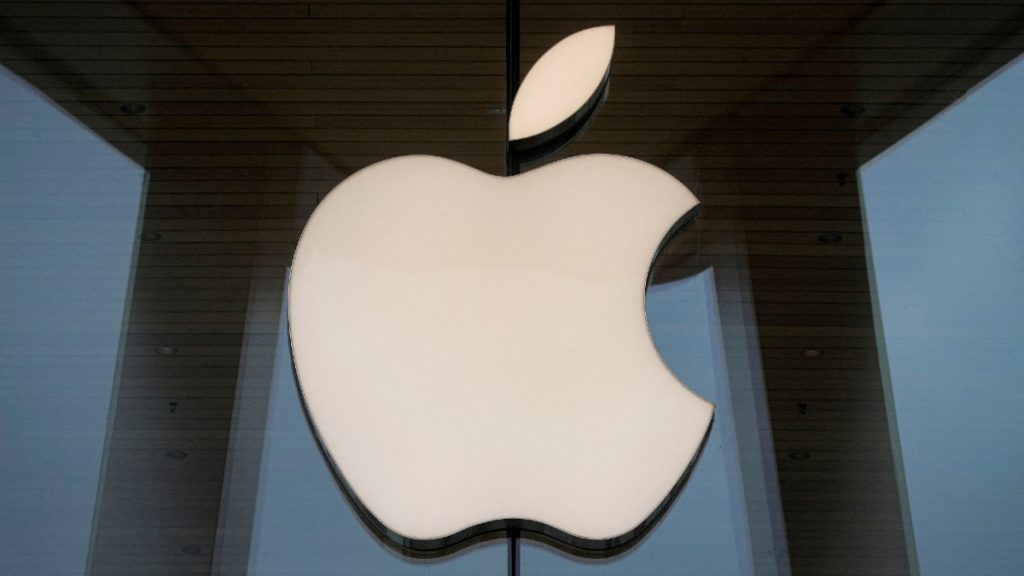
Apple announced plans to begin manufacturing some of its latest iPhone 14 series models in India last month in a move being seen as a significant milestone in the company’s strategy to diversify manufacturing outside of China, in the wake of rising geo-political tensions between the US and China. The Foxconn unit in Chennai began assembling the iPhone 14 series smartphones for the domestic Indian market last month. Last week, Apple was also reported to be asking its suppliers to move some of the AirPods and Beats headphone production to India for the first time. Analyst Ming-Chi Kuo has predicted, in a series of tweets, how Apple plans to reduce its reliance on China.
Apple analyst Ming-Chi Kuo has revealed some of the key findings from a recent supply chain survey in a tweet, providing the Cupertino-tech giant’s “supply chain management strategy” in response to the current “de-globalization trend”. According to the tweets, the strategy will include shifting major portion of iPhone production to India, along with moving a percentile of MacBook production and assembly to Thailand.
(1/6)
Apple’s global supply chain management strategy continues to change in response to the de-globalization trend, mainly to reduce the assembly business in China. Here are the latest major survey updates.— 郭明錤 (Ming-Chi Kuo) (@mingchikuo) October 11, 2022
Kuo has also mentioned that Apple plans to partner with Tata Group to cooperate with Pegatron or Wistron in the near future to co-develop the global iPhone assembly business in India. Currently, over 80 percent of the iPhones made in India in partnership with Foxconn meet the domestic demand.
Apple is also said to be planning to shift its MacBook production to a non-China production site, with Thailand being considered as the potential assembly arena. Kuo also goes on to breakdown the timeline of the Cupertino-based company’s gradual exit plan from China, with a mid-term milestone set for the next three to five years expected to move 25-30 percent of global shipments and 100 percent of US shipments from non-China assembly and production sites.
Meanwhile, as per Kuo, the long-term plan for Apple focus at shifting all non-Chinese market fulfilment requirements for the iPhone and MacBook to assembly sites located outside China, while the requirement for Chinese market will continue to be fulfilled by assembly sites within the country.
It was earlier revealed by the analyst that the demand for iPhone 14 Pro and iPhone 14 Pro Max had increased rapidly, which has led to the Cupertino-based phone maker to push its production partner Foxconn to increase the production of the both the Pro models.
Affiliate links may be automatically generated – see our ethics statement for details.
Read The Full Article Here

